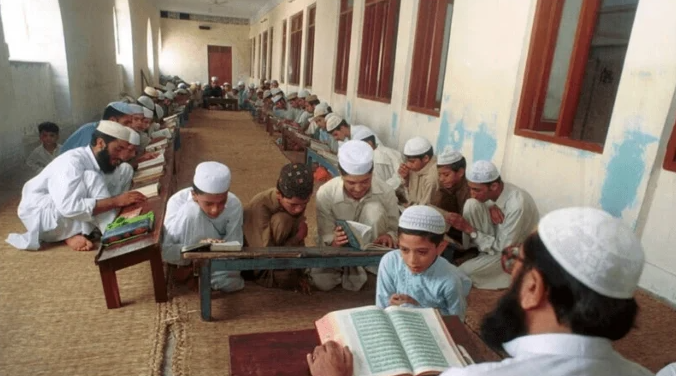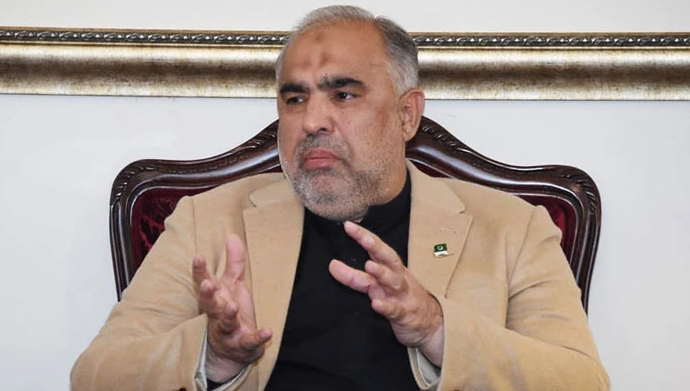POLITICS & POLICY MAKING

The Chairman of the Pakistan Ulema Council, Allama Tahir Ashrafi, has strongly opposed the proposed move to transfer the registration of madrasas from the Ministry of Education to the Ministry of Industries.
In a video statement, Ashrafi expressed concerns over the ongoing discussions regarding madrasa registration, highlighting that over 18,000 madrasas across the country are currently registered with the Ministry of Education. He emphasized that the majority of the 15 madrasa boards prefer maintaining the status quo.
“We categorically reject any attempt to transfer madrasa registration to the Ministry of Industries,” he stated. “Such a move is against the law and threatens the unity of the country. Any interference in the independence or curriculum of madrasas is unacceptable.”
Ashrafi also addressed the role of Maulana Fazlur Rehman, urging the government and JUI leadership to resolve the matter amicably. “If Maulana Fazlur Rehman wants separate legislation on this matter, it should be handled through mutual understanding to avoid unnecessary bitterness,” he said.
The issue has sparked tensions between the Jamiat Ulema-e-Islam (JUI) and the government, particularly after President Arif Alvi's refusal to sign a bill regarding madrasa registration. Maulana Fazlur Rehman has reportedly threatened a long march to protest the delay in addressing the matter.
Observers believe the disagreement underscores broader concerns over the autonomy of religious institutions and the role of the state in regulating them. The government is yet to provide a formal response to the growing demands for clarity on madrasa registration policies.
This development comes at a critical time as authorities work to balance religious, legal, and educational considerations while maintaining national cohesion.




